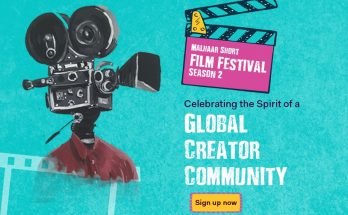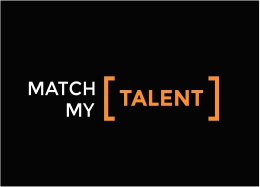Talent – the very word is shrouded in mystery. If asked to define talent, people will either fumble or overwhelm you with unintelligible mumbo-jumbo. Time to cut to the chase; is talent innate, or is it acquired? While one camp argues that talent is inborn and cannot be learned, there is another camp that suggests talent can be acquired. Where lies the truth, explores Match My Talent.
A piece of advertisement that suggests talent can be acquired
In 1926 the U.S. School of Music published an advertisement. Today, it is regarded as one of the greatest advertisements ever published. The headline reads: “They Laughed When I Sat Down At The Piano But When I Started To Play!”
The whole ad was constructed around the theory that anybody could learn to play music. Today, the notion has gained widespread acceptance. However, you may still be frowned at for claiming that talent can be acquired.
The 10,000 hour rule
Coined by Florida State psychologist Anders Ericsson and popularized by Malcom Gladwell in his book, ‘The Outliers’, the theory puts forward the notion that to be on par with the best of the world, you need to practice for 10,000 hours. The theory puts emphasis on practice rather than ‘innate ability, ‘talent’, or ‘right genes’.
Practice doesn’t make perfect
In a paper published in the journal,’ Intelligence’, psychologists Zach Hambrick, Fred Oswald and colleagues argued against the theory that advocated ‘practice makes perfect’. In other words, they took sides with nature in the ‘nature vs. nurture’ dispute. Point to note: Zack Hambrick had worked with Anders Ericsson at Florida State University in 1996.
After extensively analyzing data on chess and musical expertise, Zack Hambrick and team reached the following conclusions:
- Hard work helps to an extent in chess and music to reach the highest level of performance.
- But hard work along cannot be attributed to the individuals’ performance.
- The amount of practice requires to reach the higher levels of performance varies from person to person.
- Factors other than practice are decisive in reaching higher levels of performance.
Where do we stand?
Given the nature of the ‘nature vs. nurture’ argument, a final verdict with one view emerging successful is quite unlikely to happen. However, the message is clear. Talent may or may not be acquired, but talent without practice doesn’t help you reach anywhere. No matter how prodigiously talented you are, failing to hone your talent constantly will snatch the limelight away from you. Remember what Jascha Heifetz said on the importance of practice? “If I don’t practice one day, I know it; two days, the critics know it; three days, the public knows it.”
At Match My Talent, our mission is to help performing artistes realise their dreams. Got talent? Start logging backwards your 10000 hours and nurture to grow! Together let’s go places.








